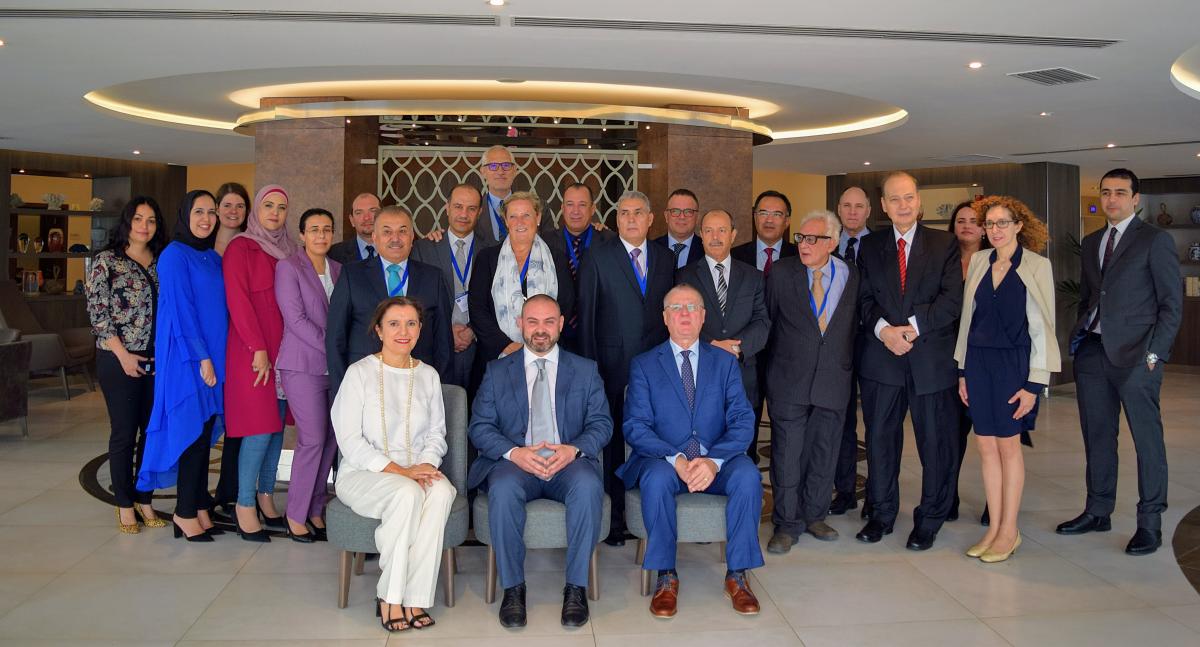Report compares European and MENA firms’ ability to export
While productivity, R&D and size are important factors when determining a firm’s ability to export, impediments and accelerators tend to differ in the North and South of the Mediterranean, as shown by the latest report from the EU-funded Euro-Mediterranean Forum of Economic Institutes (FEMISE), entitled “The determinants of export performance of firms in selected MENA countries”.
FEMISE experts carried out a comparative study between firms located in the European Union, Israel, Turkey and those in the MENA region (Egypt, Jordan, Lebanon, Morocco, Tunisia and Palestine). It shows that the productivity of factors of production, and in particular the professional qualifications of employees, determine a firm’s international performance. But, in the Middle East and Maghreb, productivity plays a lesser role than in Europe.
For firms based in the MENA region, seniority, experience and know-how weigh-in on their ability to export. This is not the case for European companies however, which are able to position themselves internationally from the very first months of their creation.
FEMISE also notes an inherent specificity of SMEs in the MENA region: “Indirect exporters may be less effective in terms of labour productivity, less innovative and more modest than those that export directly,” the report notes.
Moreover, the more MENA firms develop a wide range of products, the more they tend to export. On the other hand, there is no correlation between the nature of private or public capital, and its propensity to export on both shores of the Mediterranean.
FEMISE economists encourage authorities in the southern Mediterranean countries to invest in human capital, modernise their education systems and support firms in their research and development efforts.
FEMISE is an EU-funded project that aims to contribute to the reinforcement of dialogue on economic and financial issues in the Euro-Mediterranean partnership, within the framework of the European Neighbourhood Policy and the Union for the Mediterranean. More specifically, it seeks to improve understanding of the priority stakes in the economic and social spheres, and their repercussions on the Mediterranean partners in the framework of their implementation of EU Association Agreements and Action Plans.
Read more
FEMISE – website




























 Syria
Syria 





